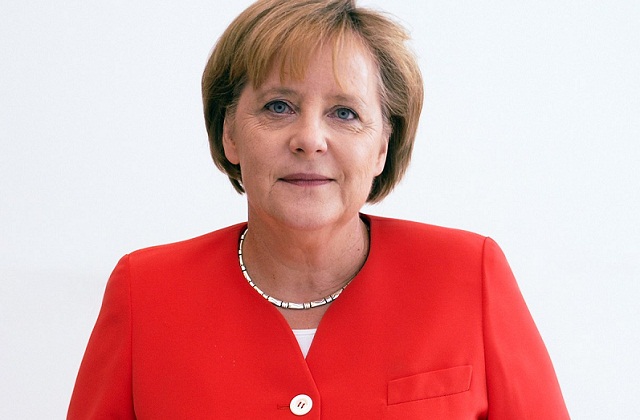
Berlin, Germany | AFP | Angela Merkel has been derided as Europe’s “austerity queen”, cheered as a saviour by refugees and hailed as the new “leader of the free world”.
But as the pastor’s daughter raised behind the Iron Curtain just won a fourth term at the helm of Europe’s biggest economy, many Germans simply call her the “eternal chancellor”.
“Mutti” (Mummy) Merkel, with her pragmatic, modest and reassuringly bland style, has perfected the art of staying in power in a wealthy, ageing nation that tends to favour continuity over change.
In the turbulent times of Trump, Brexit and multiple global crises, the 63-year-old has become the bedrock in a country concerned with maintaining its enviable growth and employment rates.
If there is one conviction Merkel holds dear, it is a lesson from her upbringing in communist East Germany — a firm belief that Germany and Europe must stay competitive and debt-free in a rapidly changing global economy.
Germans have thanked her by keeping her in power ever since she became their youngest and first female chancellor in 2005, a contemporary of long-gone leaders George W. Bush, Tony Blair and Jacques Chirac.
Seemingly devoid of vanity and indifferent to the trappings of power, she lives in a Berlin flat with her media-shy scientist husband Joachim Sauer, shops in a local supermarket and spends holidays hiking in the Alps.
When international newspapers, after Trump’s surprise victory last year, declared Merkel the new torch-bearer of liberal democracy, she waved off the accolade as “grotesque and absurd”.
– ‘Sphinx, diva, queen’ –
Though frequently criticised for sitting out tough challenges, Merkel has punctuated her reign with bold and surprising decisions — from scrapping nuclear power after the 2011 Fukushima disaster to opening German borders to more than a million asylum seekers since 2015.
The migrant influx cost her dearly, both with voters and EU neighbours, and led many to predict her demise.
But as the number of new arrivals eased off and her government pushed through tougher asylum policies, her poll ratings edged back up to pre-crisis levels.
 The Independent Uganda: You get the Truth we Pay the Price
The Independent Uganda: You get the Truth we Pay the Price





